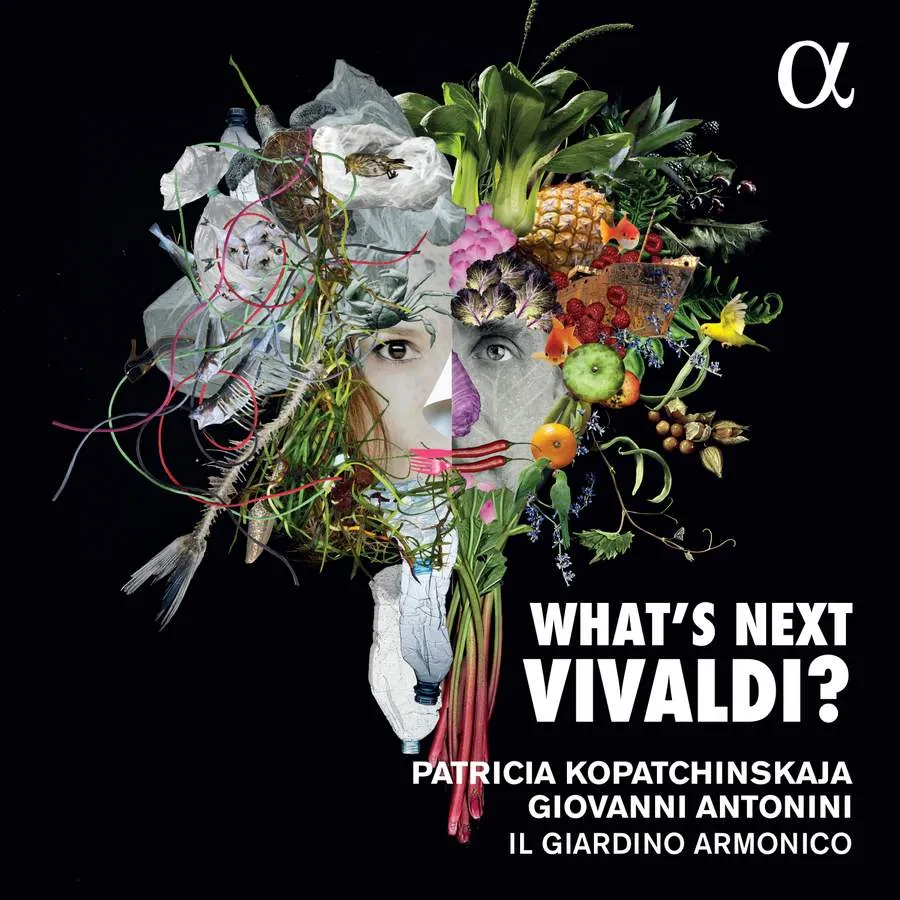
What's Next Vivaldi? Vivaldi: Violin Concerto in E flat major, RV 253 ‘La Tempeste di Mare’; Concerto for Strings in G minor, RV 157; Violin Concerto in C major, RV 191; Concerto for Four Violins in E minor, RV 550; Violin Concerto in D major, RV 208; plus works by Bartók, Aureliano Cattaneo, Estroso, Luca Francesconi, Simone Movio, Marco Stroppa and Giovanni Sollima Patricia Kopatchinskaja (violin); Il Giardino Armonico/Giovanni Antonini Alpha Classics ALPHA 624 70:56 mins
No one cooks up a Vivaldian storm like Patricia Kopatchinskaja. The opening movement of La tempesta di mare is a churning cauldron of tempestuous fury that would surely have terrified Poseidon himself. It lifts the lid on a project in which contemporary composers are invited to ‘respond’ to works by the ‘Red Priest’, creating a dialogue with a clutch of his countrymen. On board are a period instrument ensemble with an unimpeachable pedigree when it comes to throwing caution to the wind faced with Vivaldian fecundity.
A little caution can be no bad thing however. La tempesta is a bit of a shapeless assault with some gimmicky interpolations, (Kopatchinskaja’s first movement cadenza is inspired by Pirates of the Caribbean). And there’s often a rawness to the sound while the nervy fantasy protests too much. Vivaldi doesn’t need special pleading in order to sound ‘modern’, but Kopatchinskaja appears not to trust him to speak for himself. That said she lovingly teases out Vivaldi’s own cadenzas for Il grosso mogul, a slyly shape-shifting homage from one star violinist to another; and she’s positively incandescent at the concerto’s outset.
More generally successful are the contemporary pieces. Pondering Vivaldi’s capricious panache, Cattaneo’s Estroso and Francesconi’s Spiccato both also play to Kopatchinskaja’s love of the visceral. Simone Movio’s Incanto XIX on the other hand is an eerie, dream-like distillation of the Baroque concerto ethos. In all, a bold experiment whose spills are matched by high-octane thrills.
Paul Riley